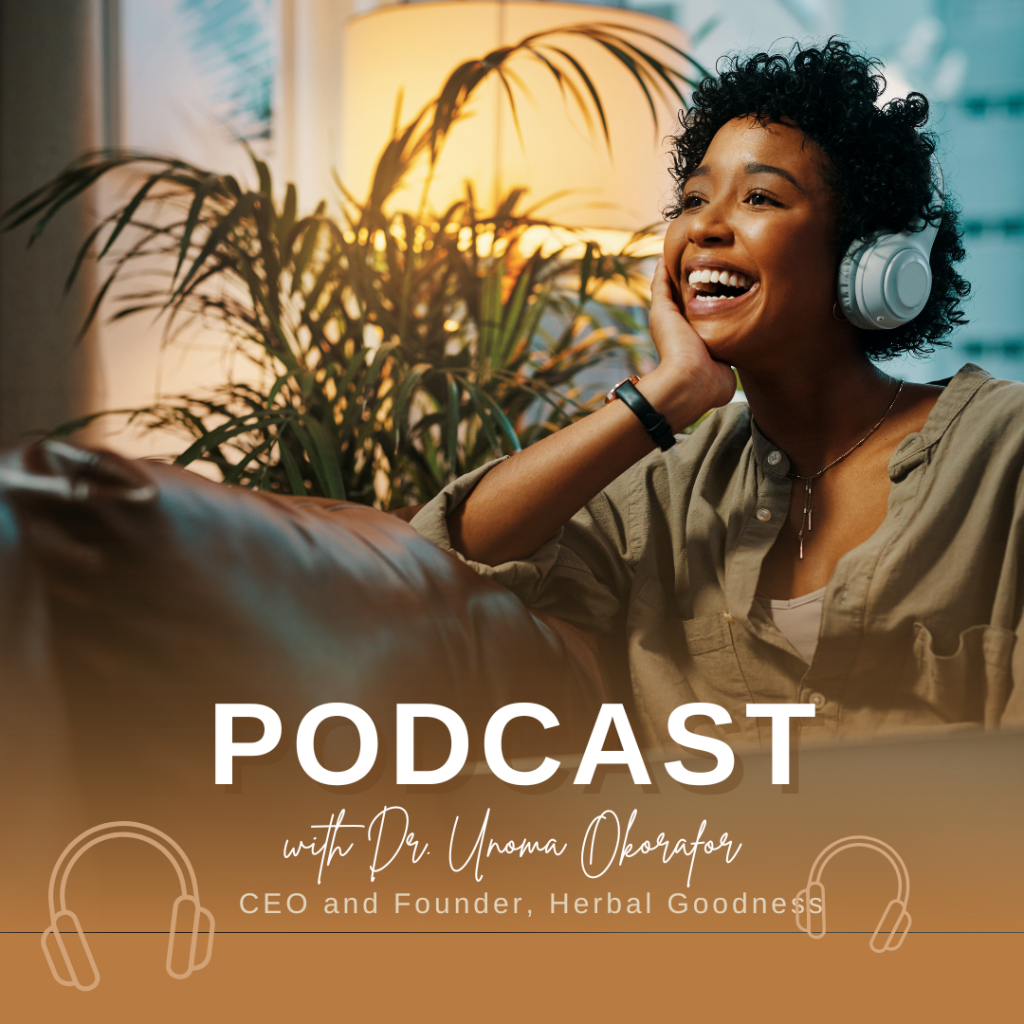Herbal Medicine Best Practice

Herbal medicine is the practice of using plants to treat and prevent diseases and maintain overall health. It has been used for centuries and is still popular today. However, caution should be exercised when using herbal supplements as they can have side effects and may interact with other medications. It is best to consult a doctor before taking any herbal supplements.
The most commonly used herbal supplements include papaya, echinacea, evening primrose, graviola, garlic, gingko biloba, gymnema, milk thistle, and St. John’s wort. These supplements are believed to have various health benefits, such as boosting the immune system, reducing inflammation, and improving cognitive function.
The integration of herbal medicine into evidence-based clinical practice and research depends on the acceptance of its scientific evidence. Research is essential to ensure the efficacy and safety of herbal supplements. Several studies have been conducted to investigate the potential health benefits of herbal supplements, and more research is needed to fully understand their effects.
In conclusion, herbal medicine can be a valuable addition to traditional medicine and can provide various health benefits. However, it is important to exercise caution and consult a doctor before taking any herbal supplements. Research is essential to ensure the safety and effectiveness of herbal medicine.


